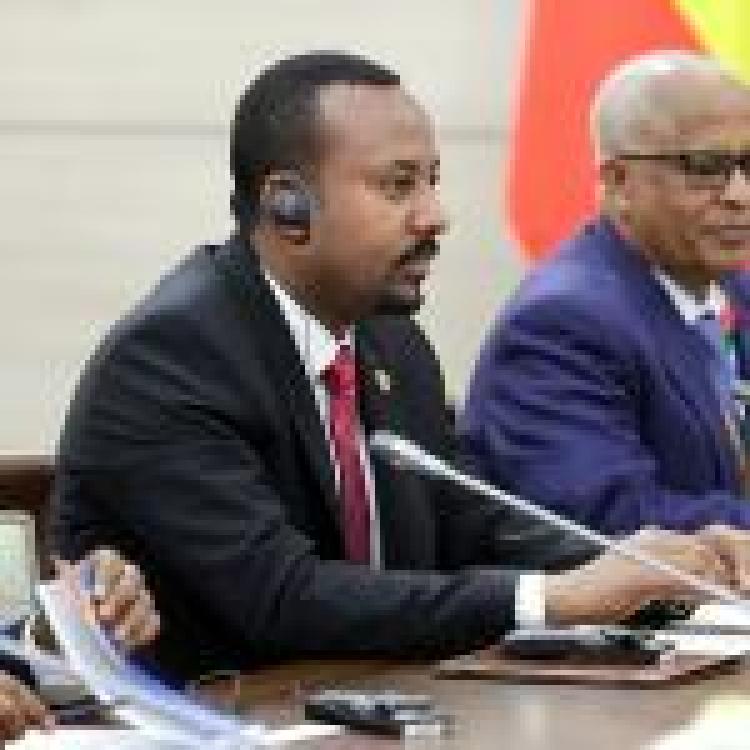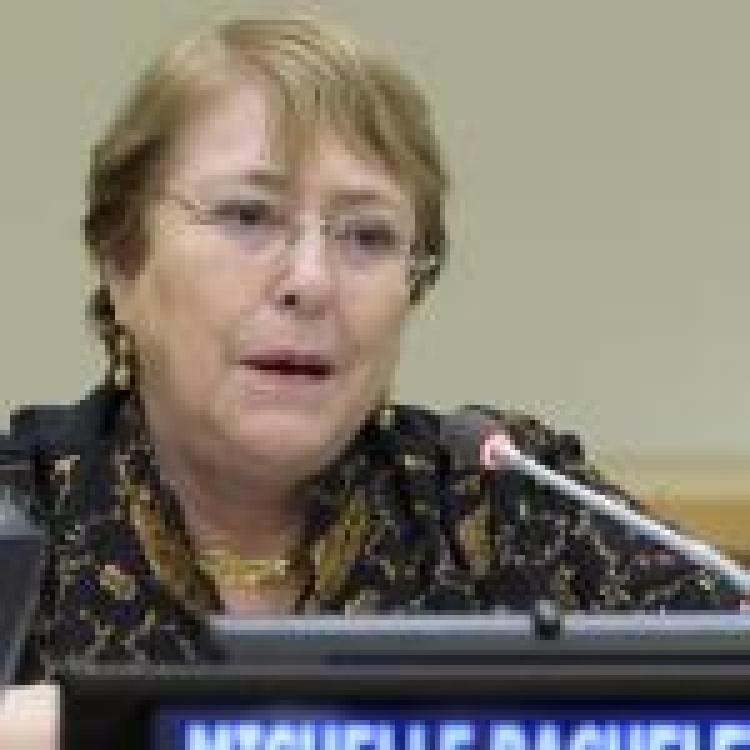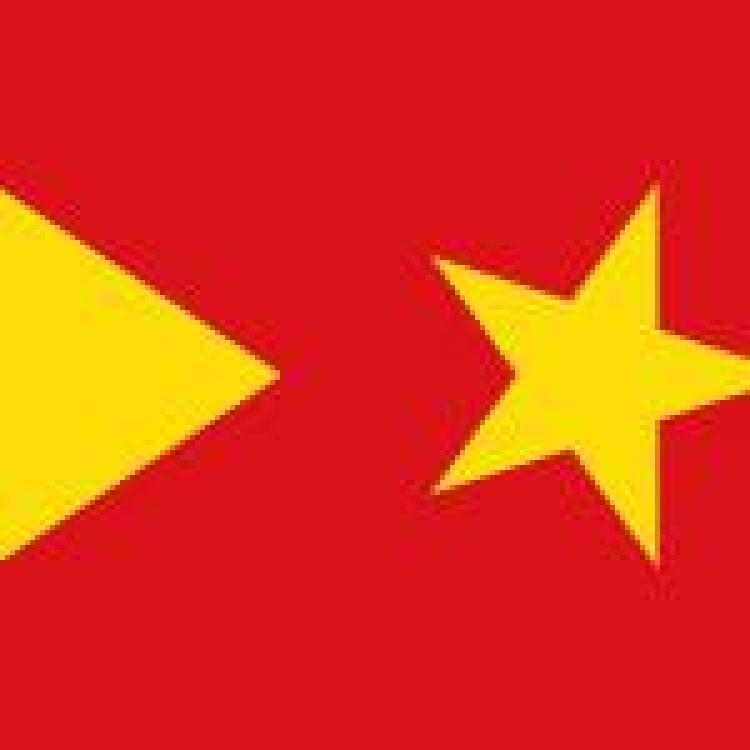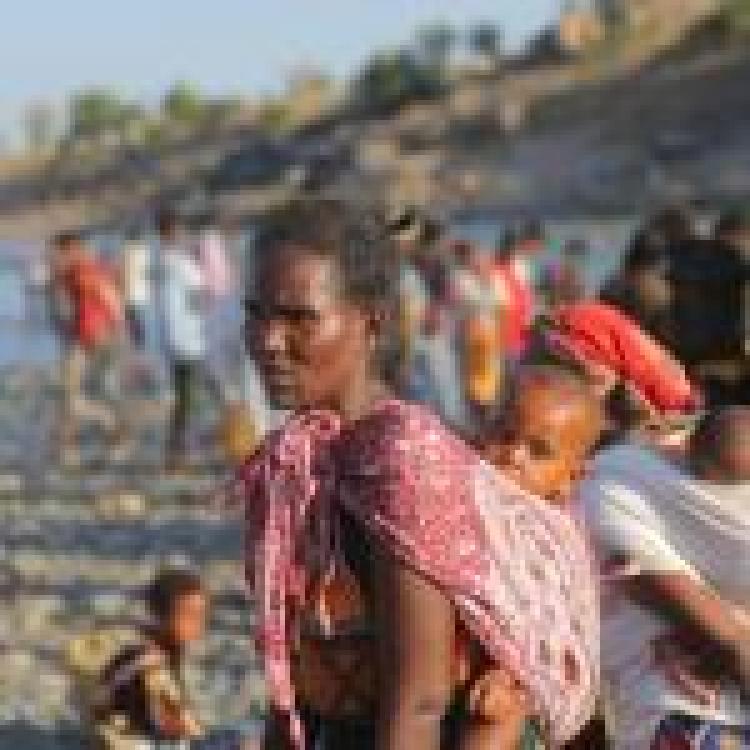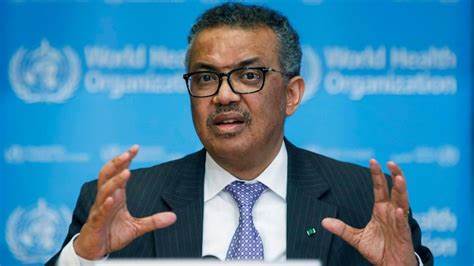
The head of the World Health Organisation (WHO) has highlighted the ongoing crisis occurring in Tigray, starting that there is no where on earth where "people are more at risk".
At a press conference in Geneva on Wednesday, Dr Tedros Adhanom Ghebreyesus implicitly addressed those concerns. He said such was the scale of the crisis, it would be a dereliction of his professional duty not to speak out.
The UN has been unable to get emergency food supplies into Tigray since mid-December. And while in recent weeks medical supplies have started to trickle in, after a six-month hiatus, the WHO and doctors on the ground have said the amount arriving is nowhere near enough to meet the needs of the population. Often there is not enough fuel to get supplies to where they need to go. The fighting has displaced more than 2 million people across Tigray and driven hundreds of thousands into famine-like conditions.
Last year the UN Human Rights Council voted to establish an international probe to investigate atrocities committed by both sides of the conflict in Ethiopia and prosecute those responsible.
The resolution highlighted the atrocities which included "unlawful killings and extrajudicial executions, including wilful killings on the basis of ethnicity, torture and other cruel, inhuman or degrading treatment or punishment of civilians and captured combatants, arbitrary detentions, abductions and enforced disappearances, and widespread sexual- and gender-based violence against women, girls, men and boys, including rape committed by all parties to the conflict".
Staff at Tigray's biggest hospital told the Guardian earlier this month that patients were dying due to a lack of medical supplies. There was no treatment available for 46,000 people with HIV.
"And the programme has been abandoned. People with tuberculosis, hypertension, diabetes and cancer are also not being treated, and may have died," Tedros added.
Read more at the Guardian.

